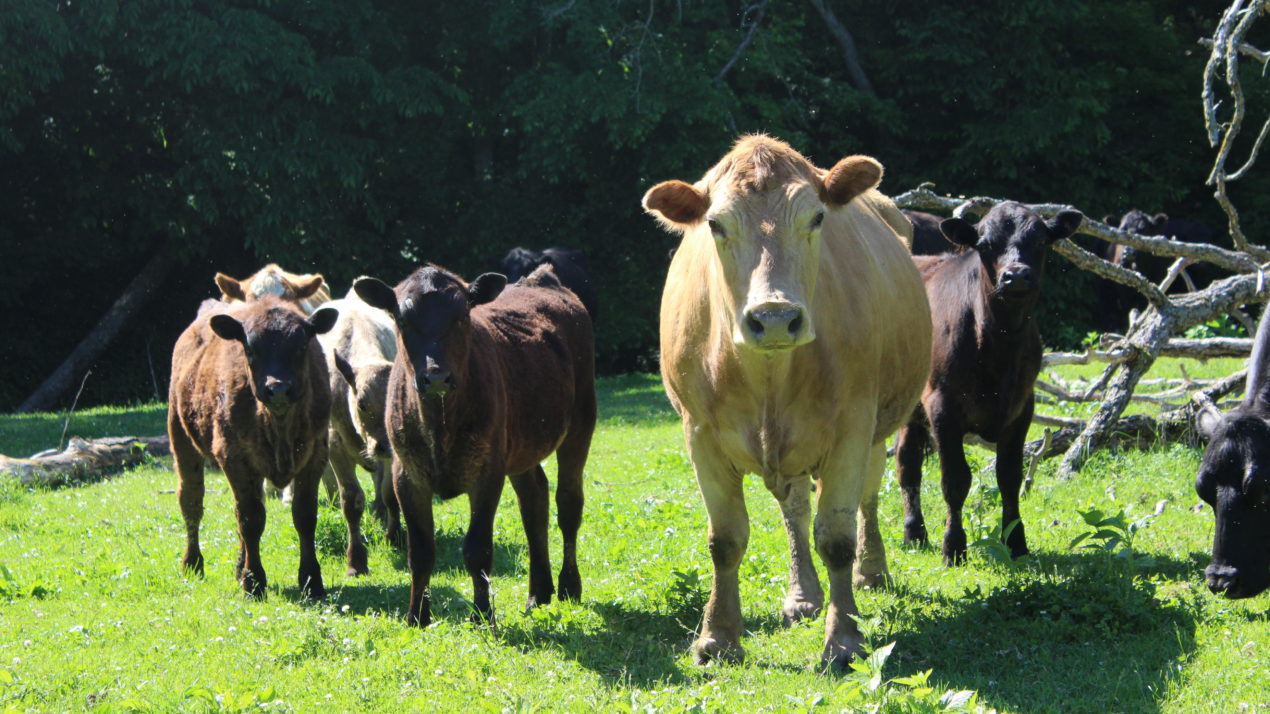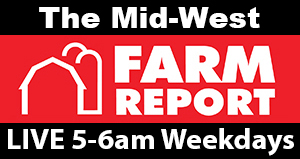
Farm Animals are great recyclers. They eat things that we can’t and then create quality products for us like milk and protein. And when farm animals get old and pass away, their contribution to recycling doesn’t end there.
Organic Waste Connections collects deceased animals from farms and facilities, converting them into nutrient-rich compost, thus promoting sustainable waste management practices and environmental stewardship.
“We’re not just a waste management company; we’re a solution provider committed to helping farmers embrace sustainable practices,” says Jeff Sauer, owner of Organic Waste Connections. “By converting organic waste into nutrient-rich compost, we’re not only reducing costs for farmers but also minimizing environmental impact.”
Their process involves meticulously regulated composting, adhering to stringent federal guidelines to ensure pathogen-free and environmentally safe end products. By maintaining compost temperatures above 130 degrees Fahrenheit for extended periods, they exceed regulatory requirements, guaranteeing the highest quality compost for agricultural use.
“We go above and beyond to ensure our compost is of the highest quality, free from pathogens and contaminants. Our commitment to excellence is reflected in the success stories of farmers who have witnessed improvements in soil health and crop yields.”
One such success story comes from an organic farmer near Lacrosse, who saw results after incorporating the compost into their hay production. With record-breaking protein levels and exceptional feed value, the farmer experienced significant gains in crop quality and yield.
In addition to serving traditional farming operations, Organic Waste Connections also caters to the gardening and horticulture markets, providing organic compost as a sustainable alternative to commercial fertilizers.
Addressing common misconceptions surrounding their operations, Sauer says they take rigorous odor and pollution control measures. They prioritize environmental sustainability by implementing zero-discharge practices and capturing all runoff for reintroduction into the composting process.
